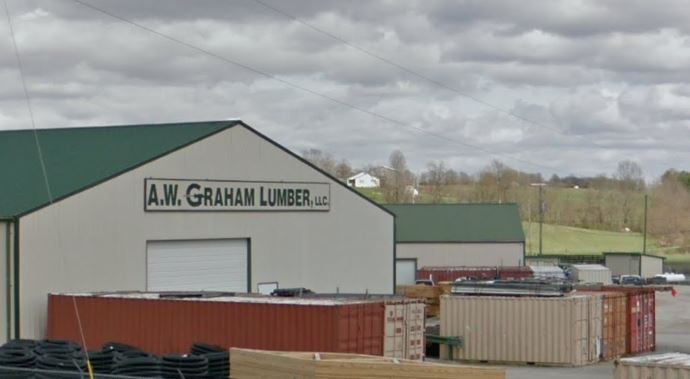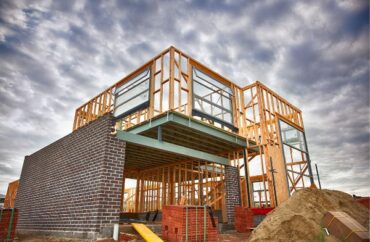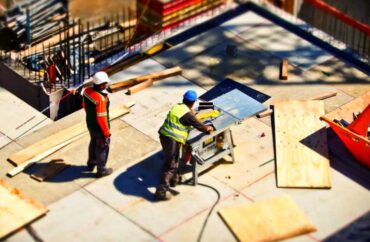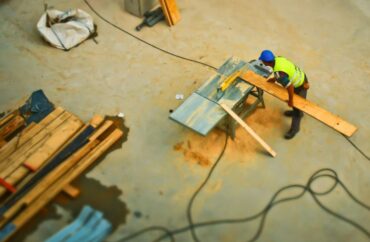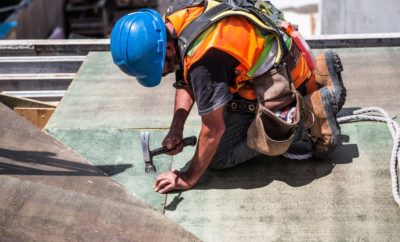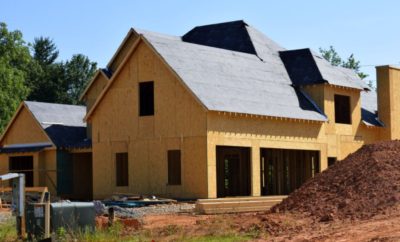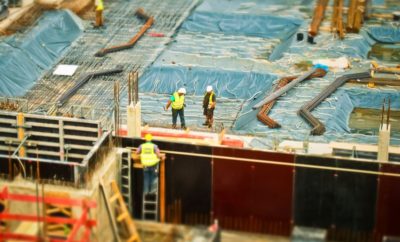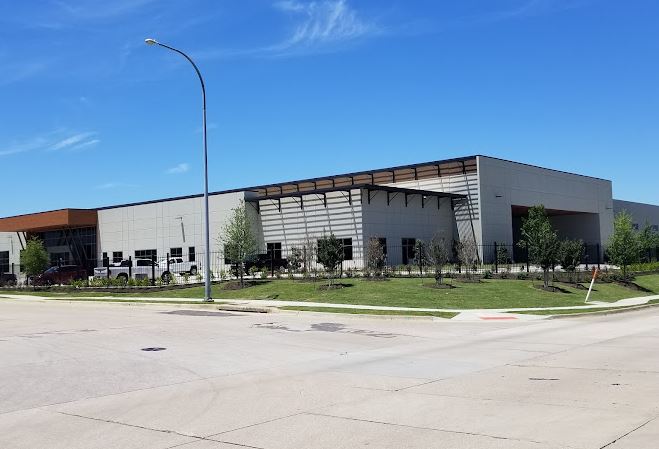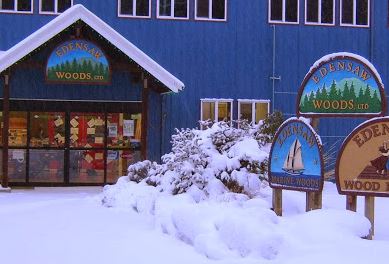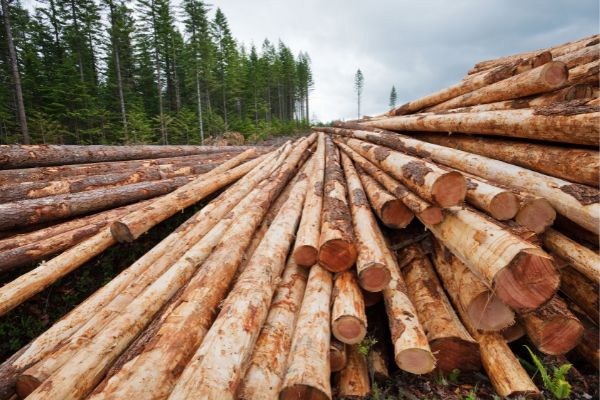
The United States is Escalating its Trade Conflict with Canada over Softwood Lumber
The National Lumber and Building Material Dealers Association informed members in an email that the United States is escalating its trade battle with Canada over softwood lumber.
According to the NLBMDA, the US Department of Commerce said this week that it is raising duties on Canada’s two largest timber companies, West Fraser Timber Co and Canfor Corp, while maintaining duty rates on other Canadian businesses ranging from 7.29% to 9.38%. The existing duty rate of 8.25% at West Fraser will climb to 9.38%, while Canfor’s rate of 5.87% will jump to 7.29%.
The Commerce Department filed the revised rates following its fourth administrative review of anti-dumping and countervailing duty orders on softwood lumber products from Canada. They will go into effect in August or September when a final evaluation is completed.
Canadian Trade Minister Mary Ng issued a statement calling the levies an unreasonable “tax on American consumers that raises building costs at a time of surging inflation,” and threatened to explore legal options under the USMCA and the World Trade Organization.
The softwood lumber tariffs are the result of a decades-long trade dispute over the structure of Canada’s timber industry, which erupted in October 2015 when the 2006 U.S.-Canada Softwood Lumber Agreement expired.
In the most recent round of the continuing trade dispute, Canadian producers have been paying U.S. lumber penalties since April 2017, causing Canada’s market share for softwood lumber in the United States to shrink from 33% in 2016 to 26% in 2022.
The 2006 Softwood Agreement set a limitation of 34% for Canada’s market share in the US, but the US timber industry has advocated for a revised system that includes restrictions to limit Canada’s market share to 20%.
According to the NLBMDA, it is intensively lobbying trade officials in the Biden Administration and the Commerce Department to pursue a long-term agreement with Canada that eliminates tariffs and brings supply and pricing stability to softwood lumber.
By upsetting the lumber supply chain, the tariff continues to be a punitive tax on American consumers, weakening the US housing market and preventing access to affordable homeownership. American builders continue to rely on Canada for more than a quarter of their softwood lumber, despite high levies that have swung unexpectedly since 2017.





